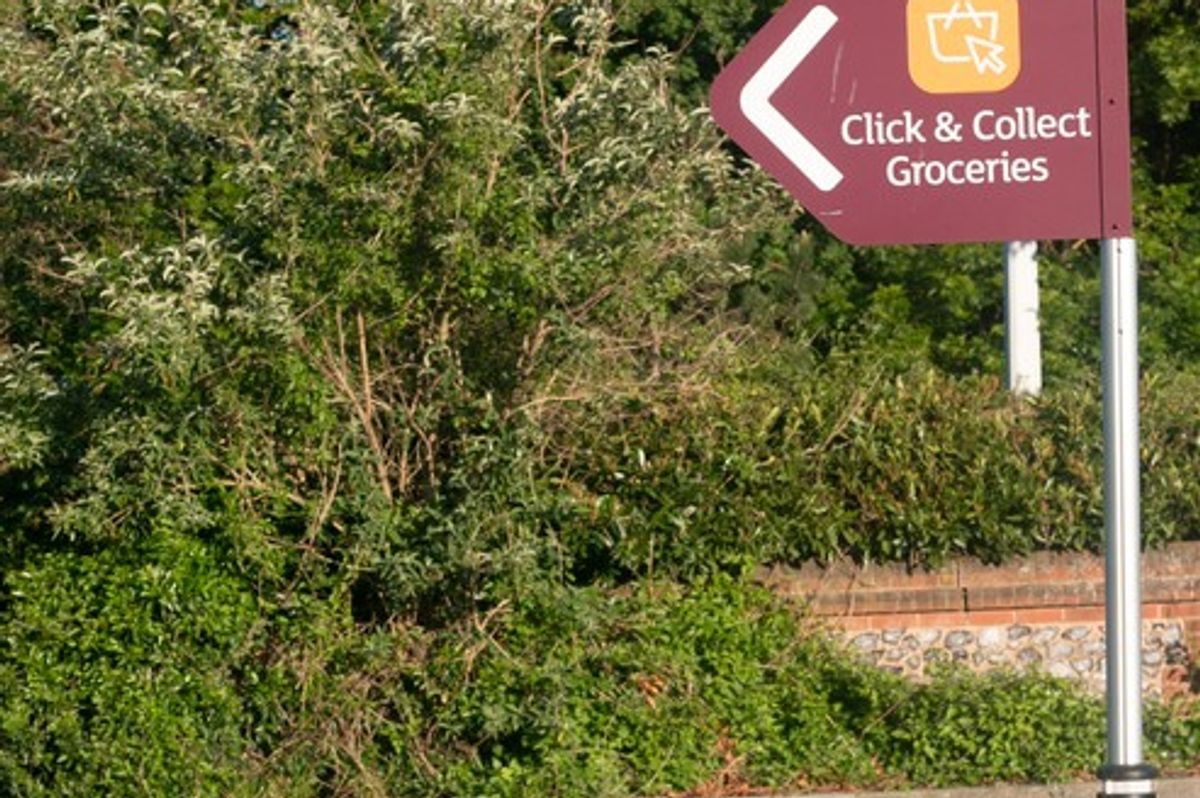Click-and-collect shopping will be worth £42.4 billion in the UK this year, 8.4 per cent of the industry’s total annual income, states a new report released today by Barclays Corporate Banking last week.
The study – "What’s in store for retail?"– focuses on retail businesses with over ten employees, and looks at the rise of ‘hybrid’ shopping, which involves both physical and digital interactions. Click-and-collect, where goods are bought online but picked up from a physical store, now accounts for 40 per cent of sales for retailers who offer the service, up from 37 per cent a year ago.
The popularity of the service grew during the pandemic but, unlike pure online sales which peaked during that period, it has continued to grow post the lifting of lockdown restrictions, indicating that click-and-collect is a consumer behaviour that is here to stay.
The click-and-collect economy now also underpins 184,000 jobs across the industry, which equates to 7.4 per cent of the total workforce. Over two fifths (41 per cent) of physical stores in the UK are now used as click-and-collect locations, states the report.
The research further reveals that having both an online and physical presence can be advantageous for a retailer’s appeal. A quarter (24 per cent) of consumers say they can be hesitant when buying from online-only brands, a figure which drops to just over one in ten (13 per cent) when businesses also have physical stores.
Despite the increasing popularity of online shopping, there is still support for high streets. When asked whether there is a future for physical retail space, 67 per cent of consumers agreed that there is, of whom 32 per cent strongly agreed. However, there is a clear demographic split: just over half (54 per cent) of 16-24-year-olds believe in the future of the physical store, compared with almost three quarters (74 per cent) of over 55s.
What the report clearly spells out is that, following the inevitable acceleration in the shift to digital during the pandemic, consumers are now returning to stores to make their purchases with confidence and trust in bricks and mortar stores still strong.
Almost nine in ten (88 per cent) retailers feel that operating a physical store is vital to their business success. However, many are re-evaluating where their real estate is based, to make sure they occupy the most appealing destinations for consumers. Two in five (41 per cent) have reduced the number of stores they have in city centres, while 32 per cent have increased their presence in retail parks.
An increased presence in retail parks will likely be popular with shoppers aged over 55, a third (33 per cent) of whom say it is their preferred location for a store.
“Perhaps more than any other sector over the past two years, retail has been forced into a period of accelerated evolution," said Karen Johnson, Head of Retail and Wholesale, Barclays Corporate Banking. "The pandemic drove everyone online, and now the rising cost-of-living is increasing business outgoings while reducing consumer spending.
“Encouragingly for the UK’s retail sector, however, businesses are adapting their sales models to weather these financial storms as effectively as possible. Links between digital and physical shopping are being evolved, which are opening up new opportunities and ways to generate income.”


